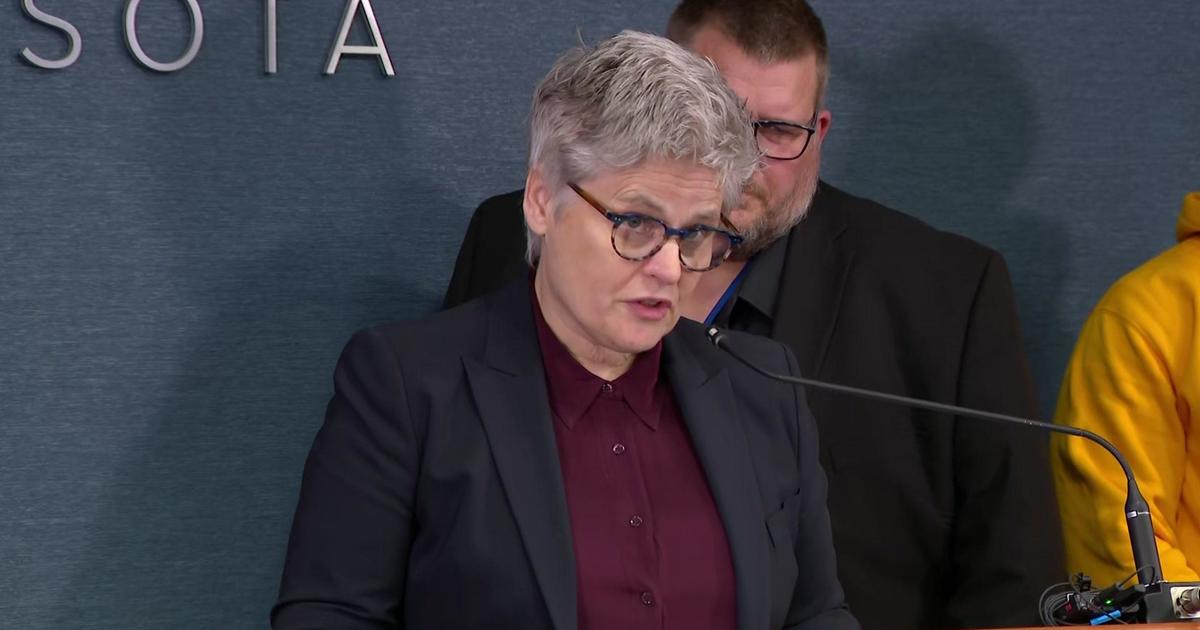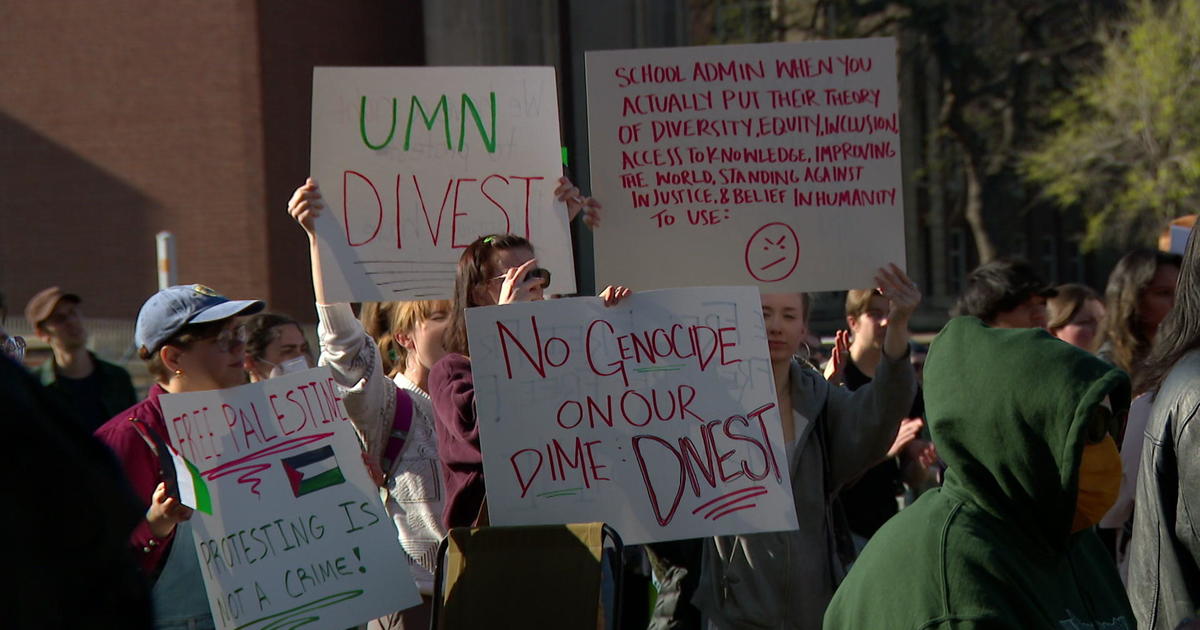Good Question: What Happened To The 9-To-5 Job?
MINNEAPOLIS (WCCO) -- With longer workweeks and busy kids' schedules, some of us feel like we aren't spending as much quality time with our families as we'd like.
That's how Eric from Mounds View felt when he wrote to WCCO. He wanted to know: What happened to the 9-to-5 job?
"It has changed dramatically," said Dr. Ernest Owens, a management professor at the University of St. Thomas School of Business. "Today there is no 'physical' time for work. It's get the work done, get results and that can happen at any given time."
He says many more people aren't logging in all of their hours at the office, but rather working from home, in a coffee shop or in the middle of the night.
"People spend more time tied in to each other, tied into systems and making work happen," he said. "A knowledge worker today may be coming in from 8 to 4, but they may have come to work earlier because they may have opened their laptop at home and started sending email and connecting people before the 8 o'clock hour."
The eight-hour work day began in the late 1800s as a negotiation between managers, owners, workers and unions. But, after World War II, much of that began to change as technology shattered that norm.
As more people became connected, they began working longer hours.
According to a Gallup poll, the average full-time worker now logs 47 hours a week. One quarter of those workers who are salaried report working more than 60 hours a week.
"It's kind of the nature of the beast," said Mark Thompson of Kansas City. "I wanted to climb the ladder and now I'm paying for it."
Owens says as technology and education advanced, expectations placed upon workers increased as managers expected more results.
According to an analysis by the New York Times, people in Minneapolis arrive at work at 7:54 a.m. on average. That's one minute earlier than the national average.
Whether or not these longer hours are a good thing for families depends on the person. Owens calls it a trade-off.
"It depends on what you want for a standard of living," Owens said. "Do you want these things? Do you want comfort? Do you want these trips?"
It's a trend that has increased for years, but experts question whether it will continue to climb as more millennials, who favor more of a work-life balance, continue to enter the workforce.



